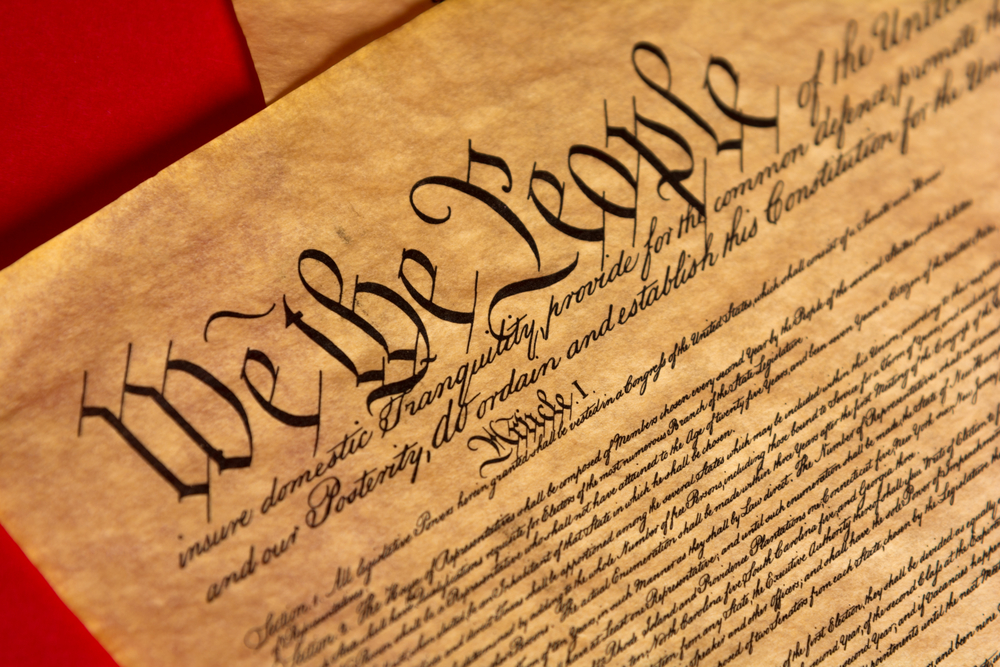Three years from now, our nation will celebrate the 250th anniversary of our Declaration of Independence from Great Britain. As we approach our 247th Fourth of July celebration this year, we should revisit the most familiar passage in the Declaration’s preamble:
“We hold these truths to be self-evident; that all men are created equal; that they are endowed by their Creator with certain inalienable rights; that among these are life, liberty and the pursuit of happiness; that to secure these rights, governments are instituted among men, deriving their just powers from the consent of the governed.”
The future of our democracy hinges on the ability of our political leaders to preserve the very rights declared in this document and later codified in our constitutional Bill of Rights. Our nation’s founding documents ensure that all humans living in this country receive equal treatment under the law — whether or not they believe in the same creator as those who signed the Declaration of Independence.
Two of the reasons I am a Democrat are the party’s commitment to the equality of all people and its tolerance for a wide range of religious beliefs. Republican attempts to impose ultra-conservative religious views on the rest of us are counter to the Declaration’s preamble and contrary to past Supreme Court rulings on religious freedom. In Murdock v. Pennsylvania (1943) the Supreme Court stated that “freedom of press, freedom of speech, freedom of religion are in a preferred position.”
The court added: “Plainly, a community may not suppress, or the state tax, the dissemination of views because they are unpopular, annoying or distasteful. If that device were ever sanctioned, there would have been forged a ready instrument for the suppression of the faith which any minority cherishes but which does not happen to be in favor. That would be a complete repudiation of the philosophy of the Bill of Rights.”
In his dissenting opinion in McGowan v. Maryland (1961), Justice William O. Douglas illustrated the broad protections offered by the First Amendment’s religious liberty clauses:
“The First Amendment commands government to have no interest in theology or ritual; it admonishes government to be interested in allowing religious freedom to flourish — whether the result is to produce Catholics, Jews, or Protestants, or to turn the people toward the path of Buddha, or to end in a predominantly Moslem nation, or to produce in the long run atheists or agnostics. On matters of this kind, government must be neutral. This freedom plainly includes freedom from religion, with the right to believe, speak, write, publish and advocate anti-religious programs.”
I am a lifelong Presbyterian, and I would welcome the opportunity to share why I am a Christian. However, I have no interest in legislating morality or imposing my church’s beliefs on other Idahoans. Whether the issue is reproductive health, gender dysphoria or school choice, we must preserve what Thomas Jefferson called “a wall of separation between Church and State.”
Janice Brown is a retired nonprofit executive and state committeewoman for the Bonneville County Democrats.

